Bola Tinubu, a chieftain of the ruling All Progressives Congress (APC), has described the Subsidy Re-Investment Programme (SURE-P) of the immediate past administration as a “monumental fraud.
Former President Goodluck Jonathan established the scheme in 2012, explaining that the money realised from the savings of fuel subsidy removal would be spent on critical infrastructure projects and social safety net programmes.
However, Tinubu said the programme was used as an avenue to exploit the country.
“They offered no programmes of valid compensation to the people. Instead, they instigated a policy of monumental fraud known as Sure-P,” he said in a piece.
Advertisement
“However, the only thing sure about it was that its architects would siphon the public’s funds to fatten their own wallets. They wanted to save money (for themselves) yet expend the people for no good reason at all.
“The decision to end the subsidy was hard but it was also inevitable. It had distorted into a system where wrongdoers benefited at the expense of the innocent.
“The bogus supplier was paid for supplying nothing while you sweated in long lines for fuel that was never there. The smuggler secreted fuel across the border while our economy crossed the border into fuel scarcity. As the price stayed fixed at a low level, investors were apprehensive about fixing existing or building new refineries.
Advertisement
“Our petrochemical industry remained unfertilized because potential investors could not decipher how they could make a decent return under such a pricing regime. Because of these imbalances, we were forced to export hard currency and many jobs to purchase fuel and other products abroad. While the price of fuel was cheap in paper, these were the hidden costs that made the subsidy regime an expensive and heavy yoke the nation could ill continue.”
Tinubu also advised the President Muhammadu Buhari-led administration not to monitor the oil sector in order to prevent a situation where the liberalisation of the sale of petrol will be abused.
He expressed the belief that the policy would serve the interest of the people and put an end to the alleged distortion and manipulation in the downstream sector.
Tinubu added that he had observed some faults in the policy, but said nothing on earth could be perfect.
Advertisement
“To construct the right building sometimes means we have to tear down the wrong one standing in our way. Our economic development hinges in equal measure on saying good bye to debilitating and corrupted old practices as it does on embracing efficient, wealth creating new ones,” he said.
“As political progressives, we are anchored by a healthy and strong regard for the positive role government must assume in ensuring fair play and the just allocation of wealth and benefits within our political economy. We understand that the so called free market is not always fair. This is the major reason that we advocate a comprehensive policy of economic development projects coupled with social programs. These development projects will build the infrastructure and create jobs that were beyond the ability and rationale of our private sector to do.
“The social programmes will bring succor to those the dynamics of the free market would have otherwise left behind. Yet, as progressives we must be pragmatic and not allow ourselves to become blinded by or render ourselves subservient to ideological bias. Ideology is meant to serve us, not us to serve it. As such, we must recognise that there are certain things the workings of the market perform better over the longer arc of time than government may perform.
“Establishing the most efficient price for what is essentially an economic commodity is one such thing better left to the interplay of supply and demand. While short-term exigencies may at times call for government action to stabilize markets and prices, government’s long-term determination of such economic prices, although initiated with the finest intentions, often contorts into something ugly and callous. It tends to transmute into corruption, waste and distorted pricing signals that cost the economy more than they benefit the people.
Advertisement
“Against this background, we must assess the recent decision to allow the workings of supply and demand to determine the price of fuel. Most of us have called this process one of deregulation. This is an inaccuracy that should be promptly corrected. This decision should end arbitrary government price fixing. By ending this price fixing, government regulation of this market will not be eliminated. It will simply change from its emphasis on maintaining a subsidized price to ensuring that the market remains free and devoid of collusion so that sufficient supply is available at a defensible and affordable albeit higher than subsidy price.
“Government must still monitor this market to ensure against unjust enrichment that comes from attempts at price fixing. However, we should not lament the departure of something just because of its longevity particularly when that very policy had ceased to serve us long ago.”
Advertisement
1 comments

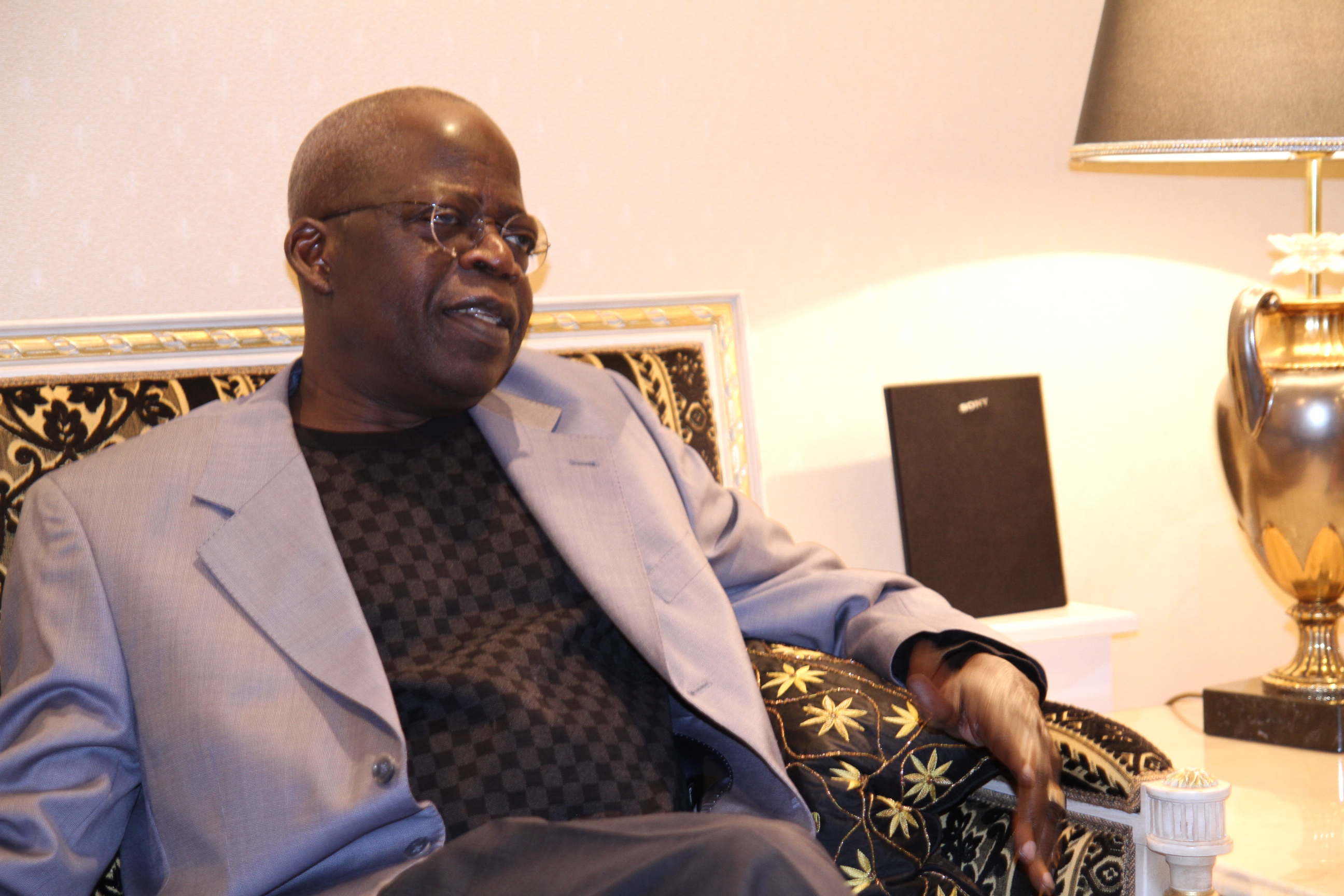
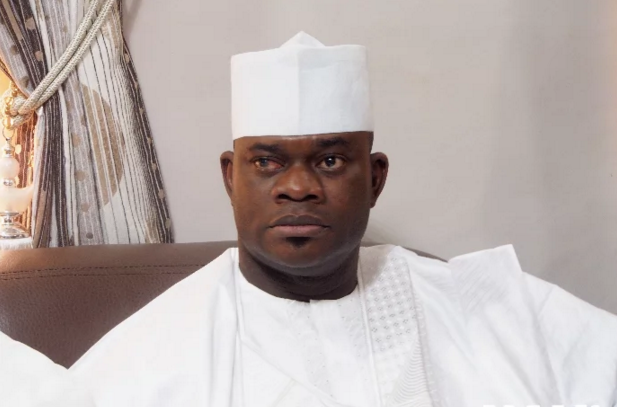
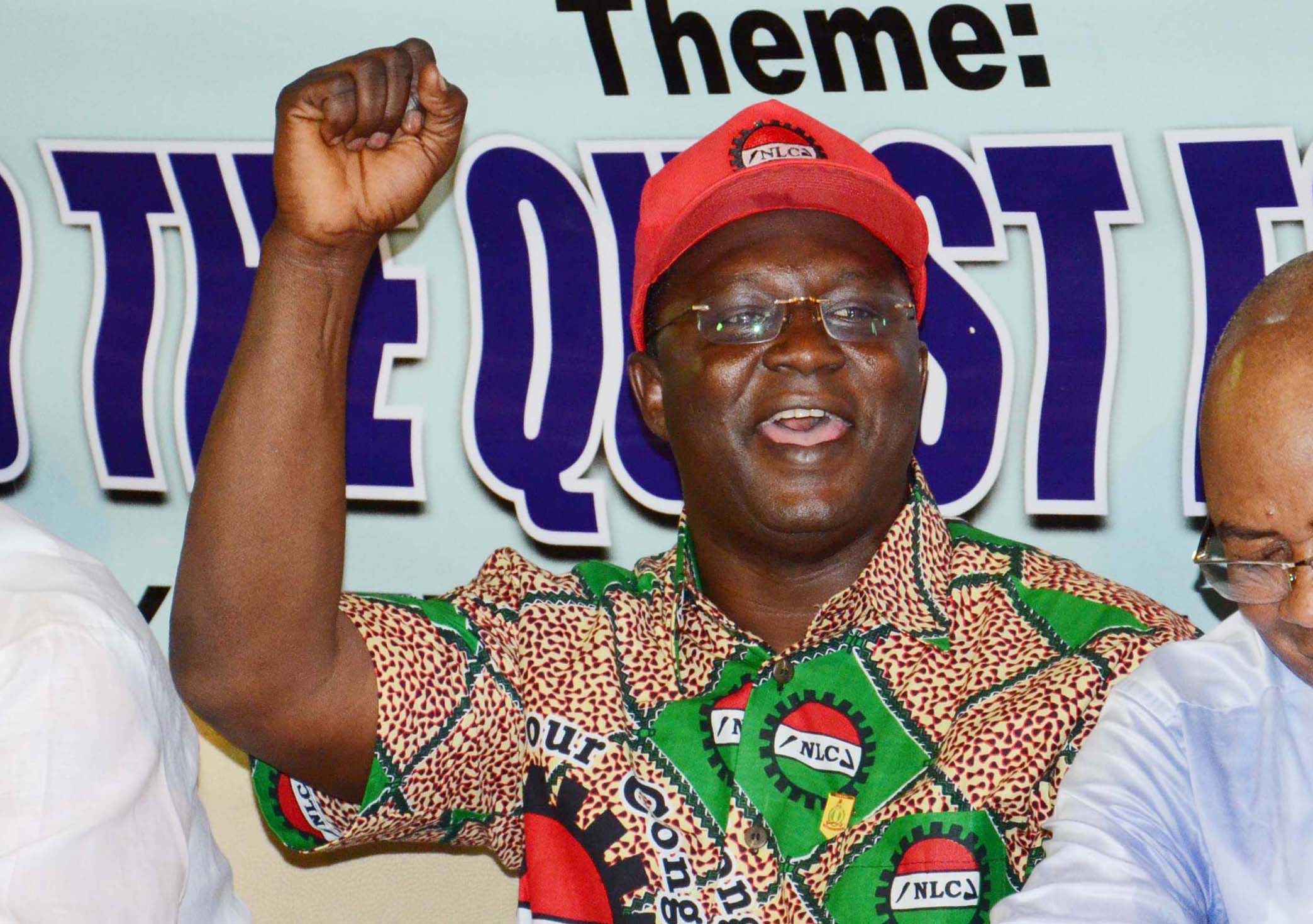
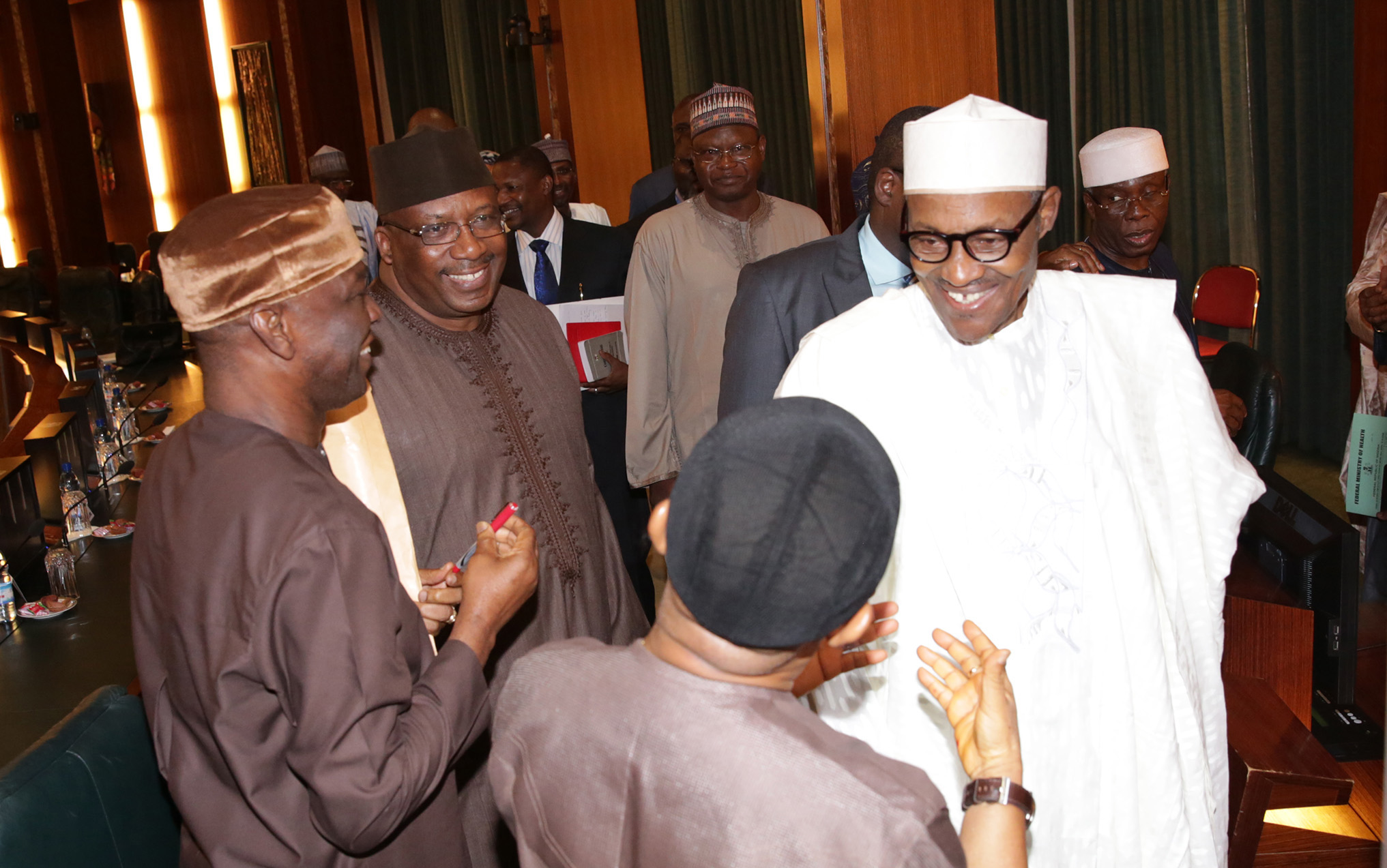


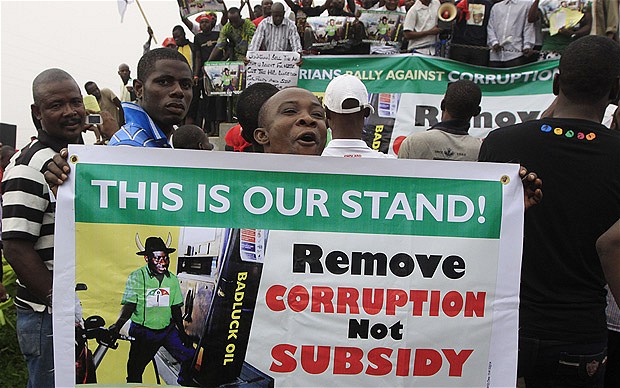
But if APC does it, it becomes perfect like removing subsidy.